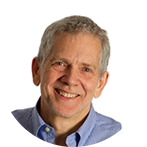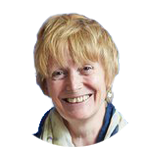NLP Meets Neuroscience
Advances in neuroscience mean that we now have a new understanding of what works in NLP and why.
Our greater understanding of the brain is allowing us to see underlying mechanisms for some of the NLP techniques – giving the “Why” behind the “How to”.
Doing this requires a coming together of disciplines.
This mini workshop will give you an opportunity to see this collaboration in action.
Ian McDermott, Founder of International Teaching Seminars, and Patricia Riddell, Professor of Applied Neuroscience have been working together for some years.* They will be demonstrating what you can get when you have access to both ways of thinking.
- Is there a skill that you wish you had but have never been able to acquire?
- Would you like to know why when you say one thing, people hear something different?
- Are you holding on to outdated beliefs that might be holding you back?
If you would like to experience the coming together of NLP and Neuroscience while answering one or more of these questions for yourself, then this is for you.
*They have already created an Applied Neuroscience Certified Programme.
Who is this workshop for?
This workshop is recommended for anyone with an interest in applying NLP & Neuroscience.
Please note: This workshop is the morning of Day 3 on Module 1 of the NLP Practitioner Programme with Neuroscience.


